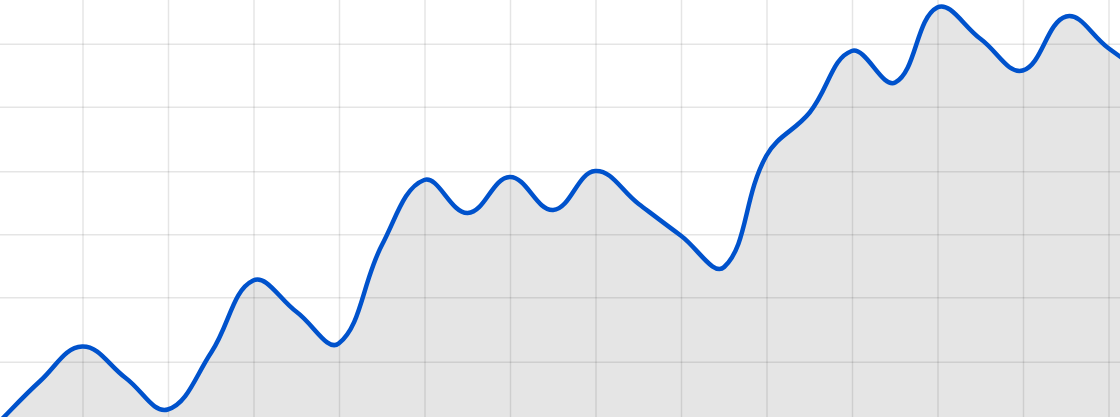With COVID-19 raging globally, life is far from normal. Business is down in every major domain, including sports and the countless professions it sustains. One prime example is the sports betting industry. With casinos shutting down too, the switch to online gambling is on a rise.
New Jersey sportsbooks recorded a 50% year-on-year revenue loss in March 2020 as the pandemic cut short every major global sporting event. The loss is significant since this is the busiest fiscal quarter for the sports betting industry.
Impact of COVID-19 on the Sports Betting Industry
The business this year is down to $13.2 million, a sharp decline of 58.3% from March 2019. The amount wagered is also significantly low, at a measly $187.1 million compared to $372.4 million during the same period last year, according to NJ sportsbooks. The story is the same across different states where gambling is legal.
March marks the beginning of the sports season for Garden State sportsbooks, with the NCAA college basketball, NHL, and NBA seasons commencing. This year’s situation was grim from the beginning. With almost every gaming establishment in the country shutting down, the lives of nearly 650,000 workers have been affected, according to the American Gaming Association.
There have also been reports of a stark increase of gambling scams as criminals seek to exploit the current situation.
Reports further predict $43 billion in lost revenue if the situation persists for the next two months. There is a silver lining, however. Online gambling websites have seized this opportunity, venturing into previously uncharted territory dominated by land-based casinos. Here’s a list of popular betting sites by Gamblerguy.com
The Switch to Online Gambling
With businesses moving online, it is but natural gambling follows suit. With the general consensus agreeing to the move, hailing it as a major step towards humanity’s goal of adapting a digital future. A spike in online betting was recently noticed in the UK. While a majority of people strictly follow a once-per-week gambling policy, 28% have increased their activity. With 11% claiming to be hooked to this convenient betting process.
With conventional sporting events under lockdown, a race to find alternatives is on full swing. Tennis and esports are the current favorites among regulars. With more esports tournaments popping up on primetime slots, it is only a matter of time before the world adapts to this new normal.
Sports agencies view esports as a potent strategy to reach out to a new fanbase while keeping in touch with existing fans. NASCAR’s iRacing initiative is perhaps the best example. The void left by traditional sporting events is too wide to fill within such a short span. However, it isn’t an impossible task.
The biggest hurdle for online gambling is the lack of regulation. Without laws to protect players and businesses, malpractice is on a rise from both ends. However, as states continue to assess the situation, a uniform and stringent policy is expected shortly. Couple that with a significant portion of the global population speaking against online gambling, the future remains uncertain.
What is the TENNIS TIPS UK CLUB?
Subscription service for tennis bettors to receive advisory direct to their inbox. This specifies the match, which bet and the recommended stake. Following these recommended picks has yielded a return in excess of 20% as of early 2024.
Who picks the advised bets?Tennis Tips UK have a team of analysts built over the past decade. Each has shown a proficiency in beating ATP, Challenger or Grand Slam markets consistently.
How much profit have the picks made overall?Full tracking is available publicly via a third party verification platform. However there are multiple club members attaining four figure profit sums each month simply by following the advised bets using their bookmaker and exchange accounts.
How can I get access?Club membership is currently open to applications. Subscribers can expect to receive picks most days that the primary tours are active. These will be match winner or games handicap bets priced at 2.00 or above covering ATP, Challenger or Grand Slam matches.
Do you offer any FREE PICKS?Unfortunately not as the advisory must be kept private for club subscribers so they can easily obtain the quoted prices. Based on feedback from our community of external services we can recommend these free email betting tips for those with smaller bankrolls.
Discover more from TENNIS TIPS UK
Subscribe to get the latest posts sent to your email.





